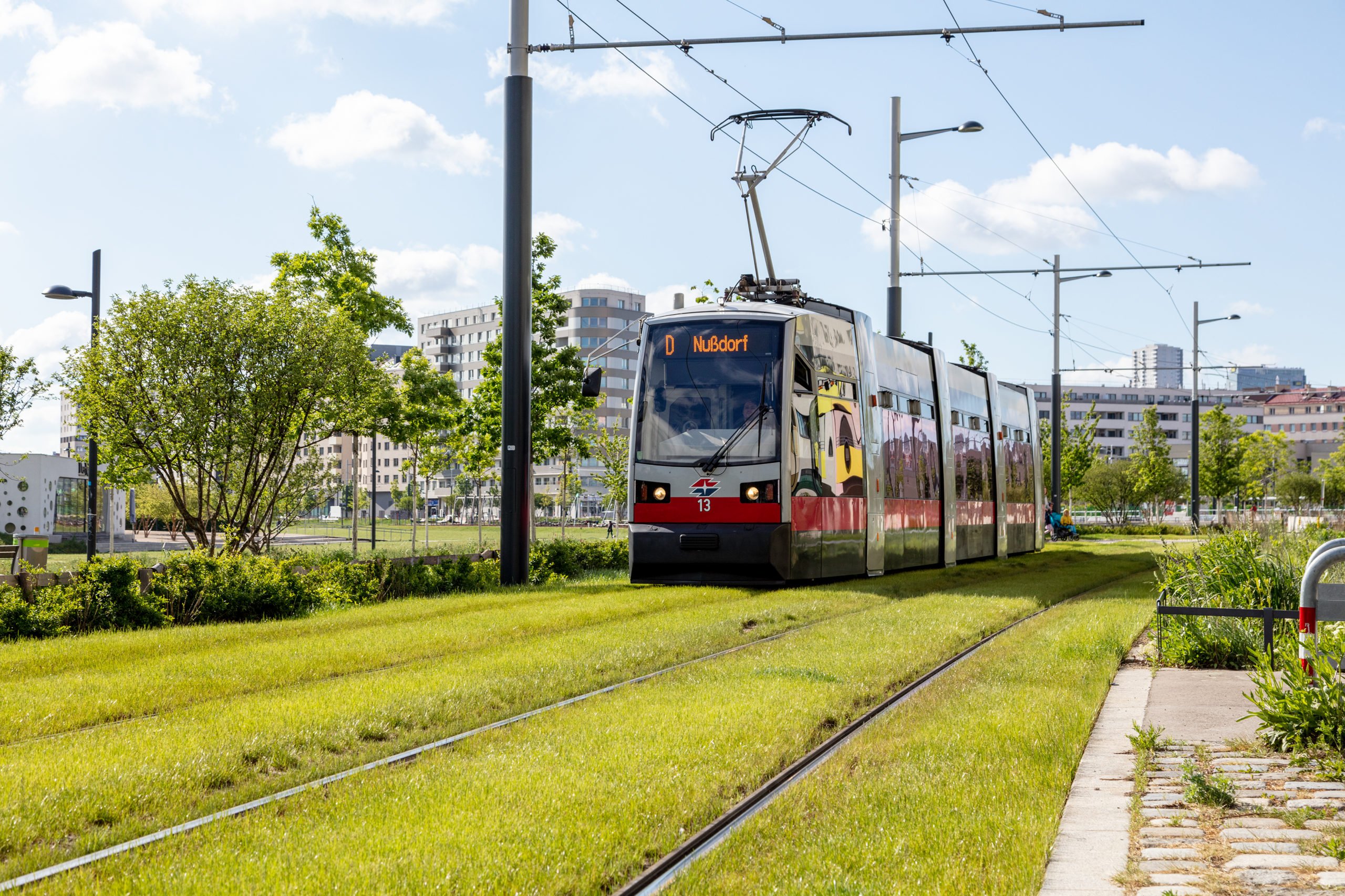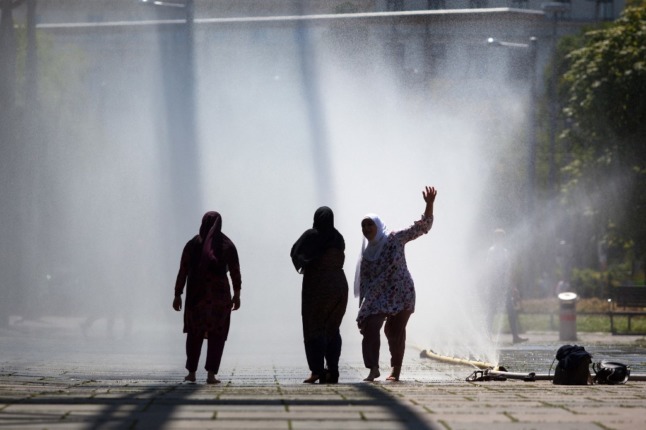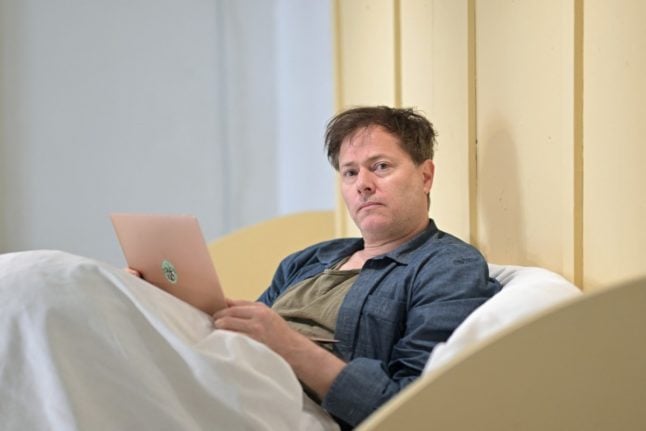Austria is currently in the grip of a heatwave, with highs up to 36C expected on Tuesday. And the city is expecting more extreme temperatures in future.
Since the 1970s, Vienna’s average annual temperature has risen by around 2C.
Calling climate change the number one threat to the Austrian capital’s ongoing liveability, about half the measures Vienna city leadership outlines in its new Heat Action Plan involve all people living in the city. The other half are targeted to specific vulnerable groups.
“The heat action plan is an all-around package against all aspects of the heat,” says Jürgen Czernohorszky or the city’s climate council. “With well-considered social measures, Vienna can remain a city where people can enjoy life and live well – despite rising temperatures worldwide.”
READ ALSO: Europe could soon face ‘nearly 100,000 deaths a year linked to extreme heat’
More ‘cool spots’ and drinking fountains
The city is looking to ensure that Vienna public transport – or Wiener Linien – vehicles are equipped with air conditioning as much as possible.
More public spaces, such as local government buildings, schools, and universities are to be outfitted with ‘cool rooms’. These can be through air conditioning, shading systems, or other specially designed measures.

The city also wants cool room locations to be mapped, also through an app called ‘Cooles Wien’ and to examine discounted options for either shuttles or public transport tickets for vulnerable people looking to get to cool rooms.
Public outdoor spots in Vienna such as parks and pools are also slated to get more cooling measures, such as shaded parking spots, misting sprinklers, and more benches in areas that get a lot of shade in general.
The city is also looking to provide more drinking fountains in partnership with Vienna districts.
READ MORE: How to keep your apartment cool in Austria this summer
More training and information
Vienna authorities note that temperatures of 32C and above can already cause adverse health effects, and that heat-related deaths have increased in the capital over the last number of years.
That’s why the city wants to make more information about heat effects available to the public, including possible mitigation.
It envisions doing this through revamps of the Vienna city website and information brochures,
The heat plan also looks to train public school teachers, city employees, doctors, nurses, and care personnel to better spot the signs of heat-related health conditions.
The city also envisions establishing a heat hotline and to allow telephone consultations with doctors during heatwaves rather than in-person visits.
READ ALSO: Eight ways to talk about the heat like a true Austrian
When might some of the measures take effect?
The city’s heat plan stresses that some of the measures will be achieved much quicker thank others. While information and training can be done relatively quickly, some things, such as planting trees to shade more spots – could take years to bear fruit.
The first actions though, will be implemented over the course of the next year.



 Please whitelist us to continue reading.
Please whitelist us to continue reading.
Member comments